

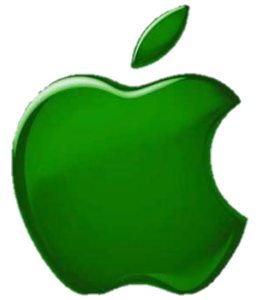
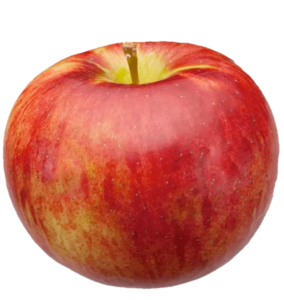
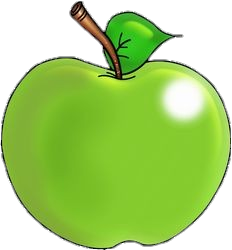

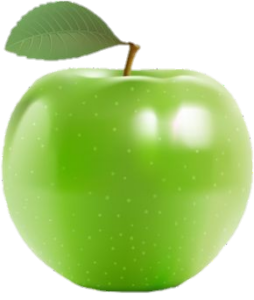
The apple, a timeless fruit that has captivated human senses for centuries, symbolizes health, temptation, and diversity. With its crisp texture, sweet or tangy flavor, and spectrum of colors, the apple is more than just a fruit; it is an emblem of nature’s generosity and the intricate relationship between humans and the environment.
The apple’s history dates back to ancient times, with references found in various cultures and mythologies. In Greek mythology, the golden apple played a central role in the story of the Trojan War. Apples have also been connected to various deities and symbols of fertility in Norse and Celtic mythologies. In the biblical context, the apple is often linked to the story of Adam and Eve, representing both temptation and the fall of humanity. Historically, apples have become a symbol of knowledge, love, and beauty.
One of the remarkable aspects of apples is their astonishing diversity. Thousands of apple varieties are cultivated worldwide, each with its unique flavor profile, appearance, and uses. Varieties range from sweet to tart, with colors ranging from reds and greens to yellows and even purples. Some apples are best suited for fresh consumption, while others excel in baking, juicing, or making cider. This diversity not only appeals to different taste preferences but also showcases the remarkable adaptability of the apple as a fruit.
Apples are not only delectable but also incredibly nutritious. They are a great source of dietary fiber, vitamins, and antioxidants. A medium-sized apple contains about 4 grams of fiber, aiding digestion and promoting a feeling of fullness. Apples are rich in vitamin C, an antioxidant that boosts the immune system and promotes skin health. Additionally, the antioxidants in apples, such as quercetin, have been linked to reducing the risk of chronic diseases like heart disease and diabetes. Regular apple consumption has also been associated with improved weight management and a reduced risk of stroke.
Apples’ culinary versatility is unmatched. They can be enjoyed in various forms, including raw, cooked, baked, juiced, or dried. From classic apple pies and crumbles to applesauce, caramel apples, and apple cider, the fruit’s range of uses spans sweet to savory dishes. The apple’s ability to balance sweet and acidic flavors makes it an essential ingredient in countless recipes worldwide.
Beyond its nutritional value and cultural significance, the apple also underscores the intricate relationship between humans and the environment. Apple trees are an integral part of orchards and farmlands, often contributing to local ecosystems. However, the production of apples, like many agricultural practices, has environmental implications such as pesticide use, water consumption, and land management. Sustainable farming practices and the cultivation of organic apples are steps toward reducing the negative environmental impacts of apple production.
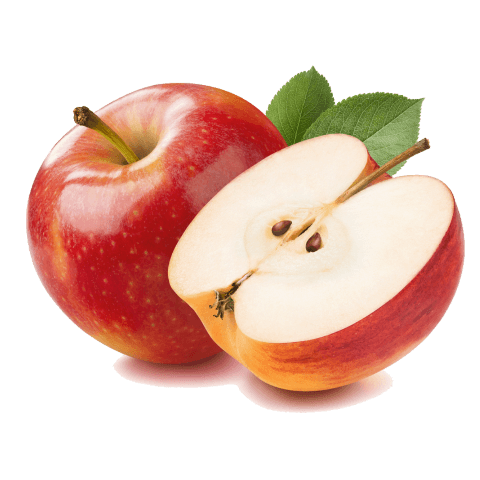
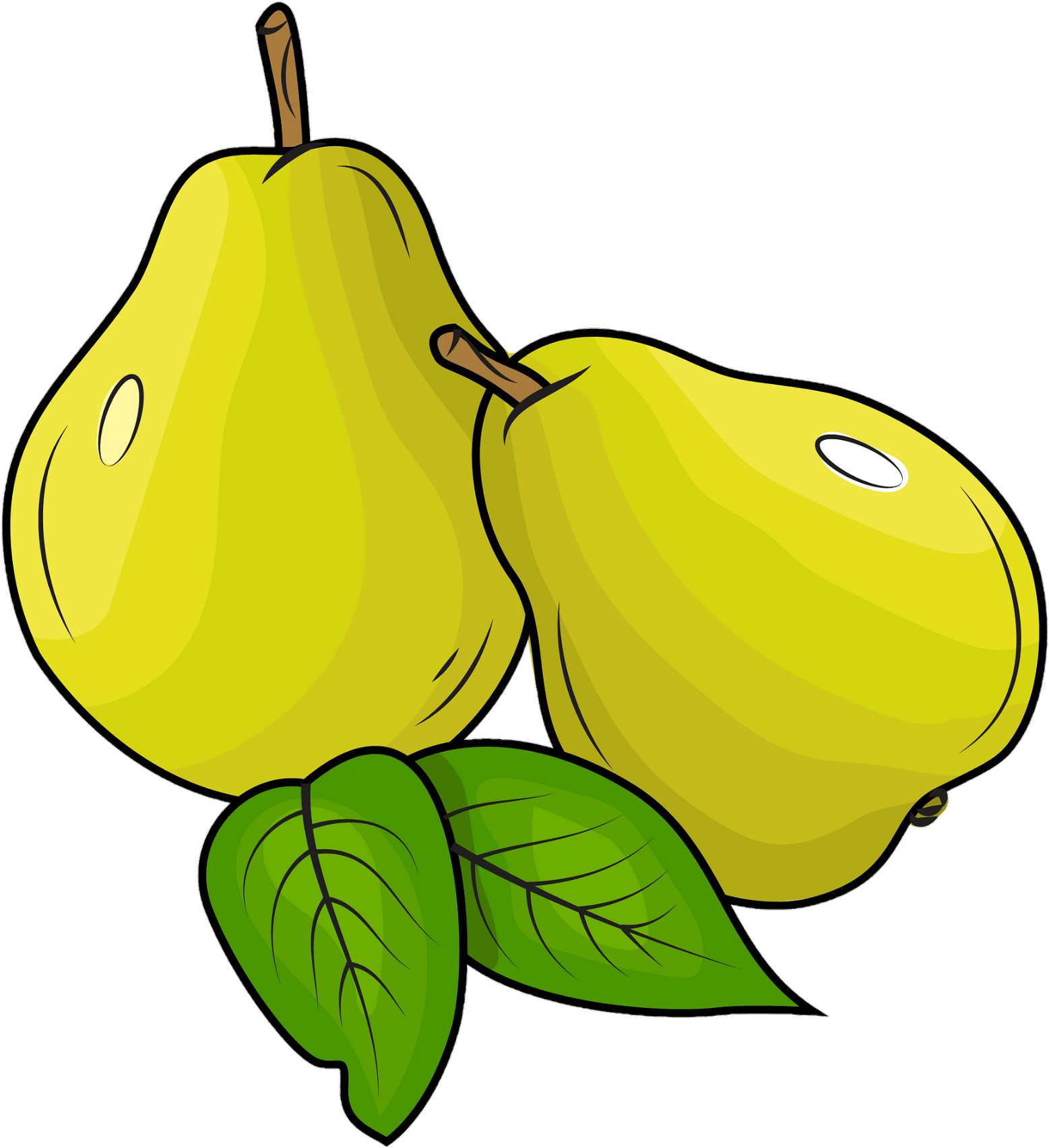




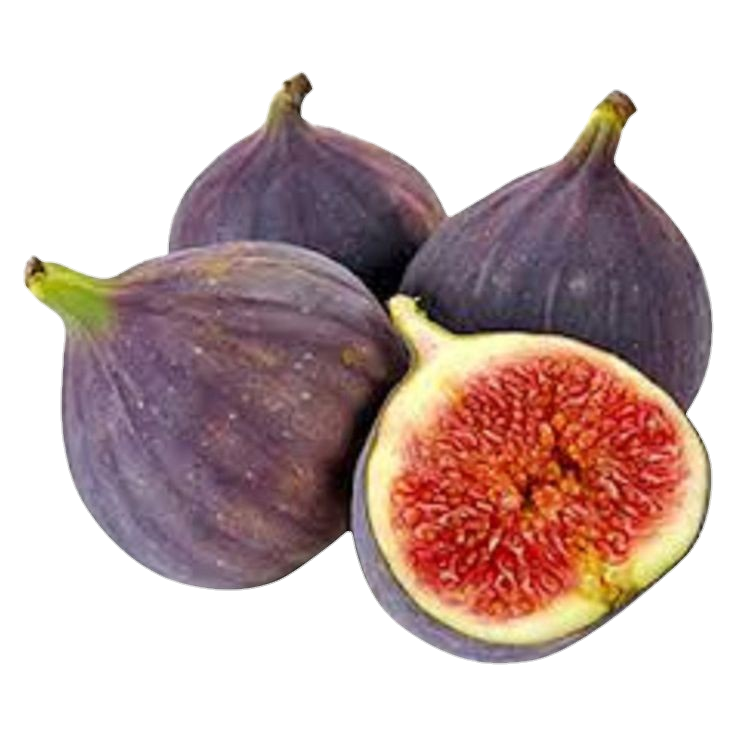
Leave a Comment
Instagram